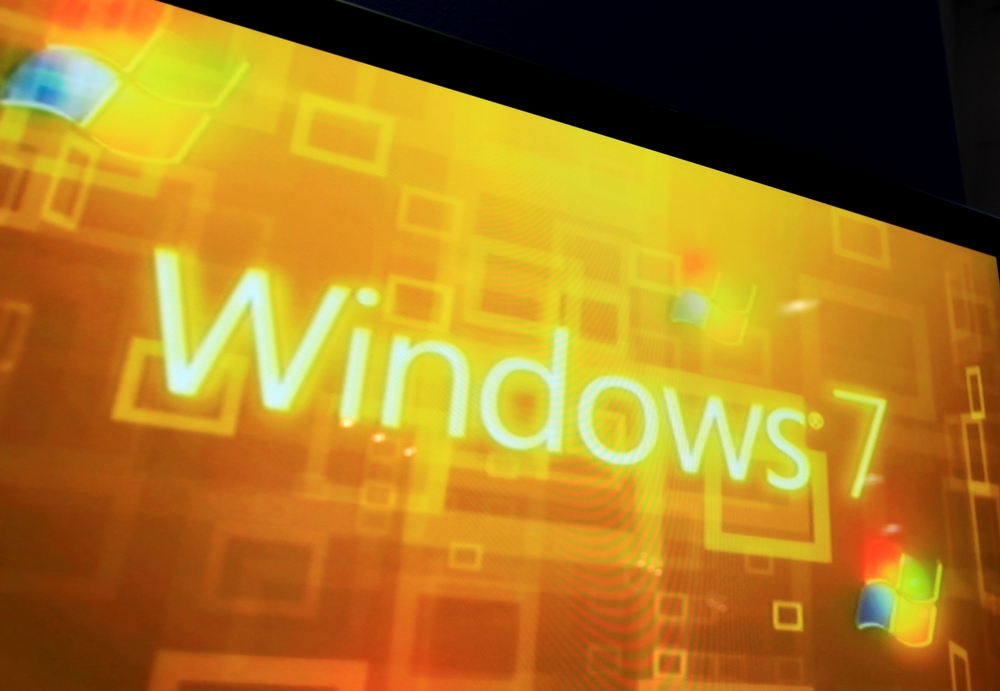In a surprising twist for handheld gaming enthusiasts, Windows 7 has been successfully managed to run natively on Valve’s Steam Deck, a device typically associated with the Linux-based SteamOS. This notable achievement was reported by Twitter user Bob Pony, who shared not only a screenshot but also insights into the technical hurdles faced during this undertaking. The desire to run such an outdated operating system on a modern device raises questions about user curiosity and the boundaries of gaming technology itself.
Technical Achievements and Challenges
Windows 7, released in 2009, is now over a decade old, while the Steam Deck, equipped with AMD’s Van Gogh APU, debuted in 2022. The peculiar combination of these two platforms highlights both the advancements in hardware and the nostalgia for legacy software among gamers. Although the endeavor was largely driven by the spirit of experimentation, real-world usage has revealed significant challenges. For instance, the report mentions that while the Steam Deck’s CPU seamlessly supports the Windows 7 operating system, the custom drivers required for the device’s integrated graphics system are only compatible with Windows 10 and 11, rendering full functionality elusive. As Pony stated in a discussion surrounding his achievement, “the drivers won’t install under Windows 7 as its integrated graphics is basically custom-made” [Tom’s Hardware].
Furthermore, Pony’s Windows 7 experience is currently hindered by display issues, including a stuck portrait orientation, which underscores the compatibility difficulties faced when operating legacy software on new hardware. While Pony has previously demonstrated the functionality of Windows 8.1 on the Steam Deck, with claims of smooth performance and full touch support, the road ahead looks complicated for Windows 7 and possibly for other older operating systems as well.
Community Reactions and Future Speculations
The gaming community’s response to this news has been a mix of intrigue and amusement, with some users rallying for further experiments with other legacy systems, including Windows XP and even the eccentric Temple OS. However, the viability of these tests remains uncertain, especially given the existing challenges with Windows 7’s adaptability on the Steam Deck. Enthusiasts are aware that the effort to run older operating systems is not simply about functionality; it’s also about pushing the limits of what gaming hardware can accomplish. After all, the blending of different eras of technology has always been a part of gaming culture.
The importance of this venture extends beyond mere novelty. Data from a recent survey by Statista shows that a significant portion of the gaming community is still using older Windows operating systems, which could suggest a potential market for retro computing initiatives on new hardware. As these nostalgic projects gain traction, they might lead developers to reconsider how they approach backward compatibility and support for older software.
Market Trends and the Future of Gaming OS
As both Windows 7 and 8.1 continue to age in the marketplace, with Windows 10 also looking to join them in the retro category, the conversation around operating systems for gaming is becoming increasingly relevant. Although many gamers are migrating to Windows 11 for its enhanced features and security updates, there’s still a vocal segment of the user base that clings to older versions. A survey by PC Gamer indicates that over 50% of PC gamers are still using Windows 10, while just 26% have upgraded to Windows 11, illustrating a significant reluctance to leave familiar environments.
In light of this trend, it’s possible that future support for systems like SteamOS on desktops could emerge, especially as Valve looks to enhance the functionality of the Steam Deck. Early speculation suggests that improvements in driver compatibility and performance could lead to a more comprehensive experience for users interested in alternative operating systems.
A Look Ahead
The future is uncertain for projects like running Windows 7 on the Steam Deck, but one thing is clear: the gaming community remains eager for innovation, nostalgia, and new ways to engage with technology. If Windows 7 can find a way to operate effectively on this platform, it could open doors for further experiments with not just the Windows suite but potentially with other operating systems as well. As the interests of gamers continue to evolve, so too will the technology that supports them.

